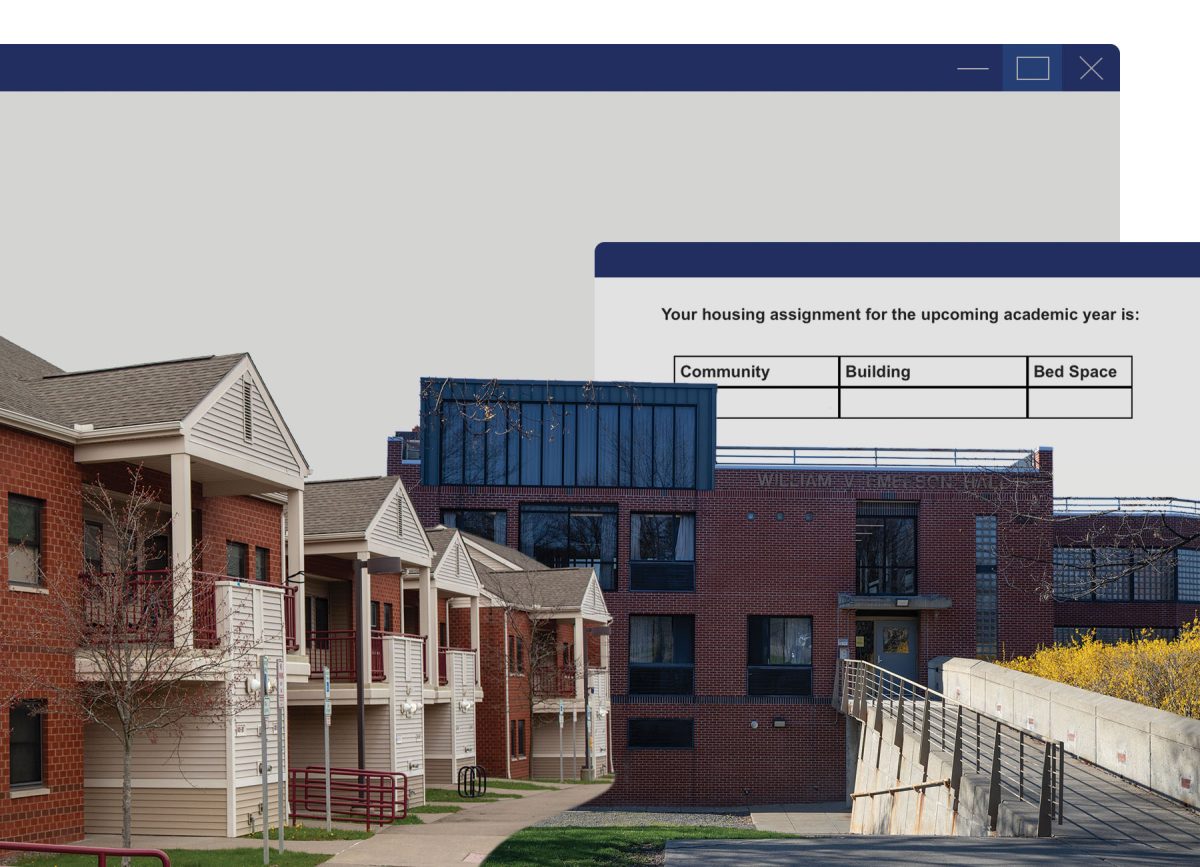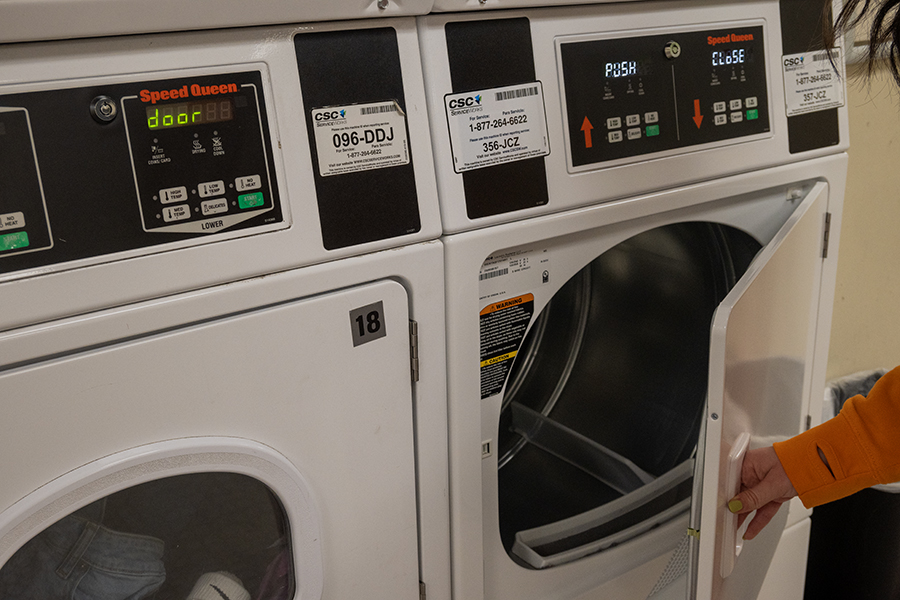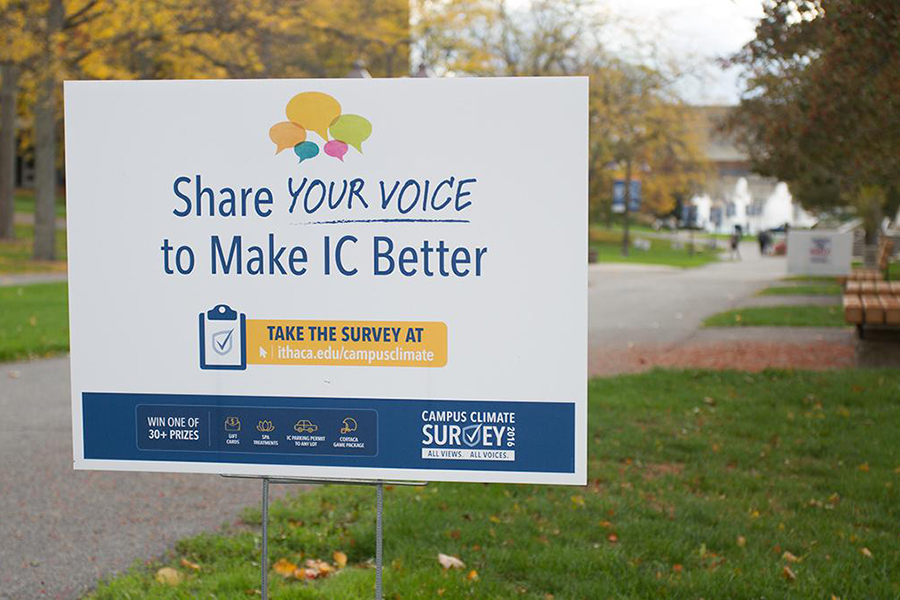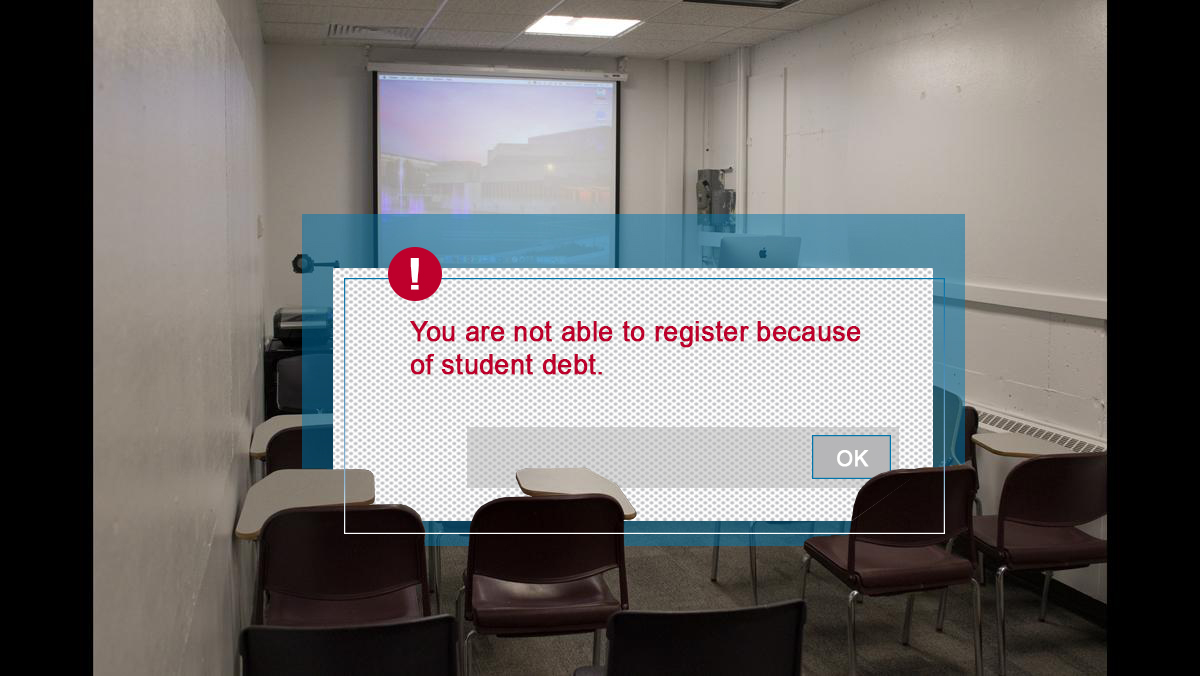Robert McChesney, author and media policy expert, will come to Ithaca College to present his speech “Corporate Dominance of Internet, Media and Politics” at 7:30 p.m. Oct. 3 in Park Auditorium.
After graduating college in 1976, McChesney was interested in media communications and decided he wanted to attend graduate school to study the operations of media businesses. Later he became concerned with the structure of the media, he said, because it did not benefit the average citizen anymore, but rather corporations.
McChesney’s recent books, “Digital Disconnect: How Capitalism is Turning the Internet Against Democracy,” and “Dollarocracy: How the Money-and-Media-Election Complex Is Destroying America,” both discuss the collapse of journalism in the United States today and question why our democracy is beholden to special interests and the 1 percent.
Contributing writer Brandon Adelbock spoke with McChesney about his media policy work, his recent books and the non-profit organization Free Press.
Brandon Adelbock: What will your lecture focus on?
Robert McChesney: The lecture will focus on the two most recent books. One is a critical economic critique of the Internet, which is really written to talk about how we cannot understand the Internet, unless we understand its relationship with capitalism. The Internet has become arguably the greatest generator of monopoly in the history of economics. Another theme is that we’re seeing the disintegration and collapse of journalism in the United States today. The Internet has basically ended the commercial journalism model because advertising no longer needs to support journalism. As a result, we have a great social problem. The second book is called “Dollarocracy,” which deals with the great political debate of our time and how the election system has been defamed by corporate and wealthy interests over the last decade.
BA: What do you hope the students who attend your lecture take away from it?
RM: [Corporations] want you to go to the couch and let them run society. My message is that it shouldn’t be that way, it doesn’t have to be that way and it can’t be that way if you want to have a future. Social change in every period of human history has been led by young people. I want to encourage students to think further and try to understand society as well as possible, and then come together to try to build a more just and egalitarian society.
BA: How will learning about corporate dominance benefit students?
RM: Corporate dominance is not an abstract issue, it’s not like you’re studying the Roman Empire. The issue is obviously addressing corporate dominance of the Internet, elections, inequality, poverty, stagnation, et cetera. We’re talking about the absolute world we live in — it’s defining features that will shape, in every way, the lives of all of us. Coming to grips with the world we live in, in my opinion, is part of being human. You’re less than human if you don’t have that social awareness. It’s part of being free. I want to make the case that people need to embrace an understanding of the world and embrace a commitment to making the world a place worth living in.
BA: Free Press advocates for public media change. How much power does Free Press actually have in public media reform?
RM: Free Press is a nonprofit group that I co-founded with John Nichols and Josh Silver. We formally began 10 years ago. Half of the group is stationed in Washington, D.C., and the other half is based in Massachusetts. The whole point of Free Press is basically to bring the public to the table on these policies, that are made in our name with our money, but are made without our full consent and to make sure we have a media system that combines the American people.
BA: What do you consider to be your biggest accomplishment?
RM: The victories involving Free Press have involved keeping cable, phone, and Internet companies from privatizing the Internet and censoring content, which is their dream scenario. They want to turn the Internet into cable television. This policy is called net neutrality. We were the leaders of a coalition that has kept net neutrality the law. We have been instrumental in presenting all types of media murders and monopolistic deals by handing them to the FCC or elsewhere, like Congress. We have been instrumental in raising awareness of spying, which is one of our major campaigns now, and trying to establish safeguards that will prevent the government from being able to spy on citizens of the United States. I urge students who are interested in these issues to go to Freepress.net to learn about the group and get involved.
BA: Were you involved with stopping the Stop Online Piracy Act last year?
RM: Yes, absolutely. SOPA was just one of the privacy fights we’ve been involved with. It is a very similar fight — copyright laws are laws that give monopoly privileges to companies that own copyright, and the law has been distorted from its original intent that’s in the Constitution to become sort of a permanent copyright for these companies. It is proven to be very damaging for development of culture on the Internet. We need to have a fundamental discussion of how we are going to have a culture system on the Internet that will reward producers with the incentive to produce, but also make it possible for new people to get involved.
BA: For the people that plan on attending your lecture, how much should they know about your books and the different concepts involved?
RM: Zero. When I give a talk, I make no assumption that anyone has read anything I’ve done or even knows anything I’m talking about. I give the same talk whether it’s to graduates or undergraduates or a community group. There are lots of my talks on YouTube if they want to get a taste.






